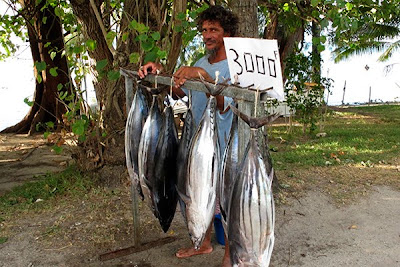 There is a theory in stress management called the “buffer theory.” It states that when we have a strong group of friends to support us in tough times, these friendships “buffer” us from taking a metaphorical
There is a theory in stress management called the “buffer theory.” It states that when we have a strong group of friends to support us in tough times, these friendships “buffer” us from taking a metaphorical
hard fall. Stress management techniques, you say? Meditation is great (and necessary). Exercise is practically mandatory (to flush the stress hormones). Humor (comic relief) is a must, but a small group of close friends are essential to cope with stress, and the research bears this
out, from breast cancer support groups to book clubs and golf outings. We are not talking Facebook friends here. There is a growing concern that technology and social media has widened the gap between people to form strong interpersonal relationships (friendships). Being close virtually is not the same thing as sitting together and baring your soul, sharing your problems without filters, and sharing common values. With real friends, you have eye contact, hugs, the sound of laughter and occasionally, even tears. Real friends call you up on the phone and take you to lunch. Real friends know your faults and love you still the same. Friends in need are friends indeed!
Stress Tip for The Day:
Takeinventory of your “real” friends today. You cannot have solid friendships with 500 Facebook or Linkedin contacts. It’s just not possible. A support group typically consists of 2-4 really close
friends and usually these people are outside of your family, yet people you see in person frequently. Make a list of your friends. Perhaps even update the list. Are there people who have moved down the list because they “just aren’t there for you anymore). Our support groups are always in flux too. People come, people go. Sadly, some friend die). What do you do replenish your support group? Consider making some friends, by meeting some new people with similar interests and professional goals. Call up a friend and go for a walk … or a movie or a cup of herbal tea. Finally, tell your friends how much you appreciate them. We are on this earth for a very short time, don’t take anyone for granted.
Links/Books/Movies Worth Noting:
If you were to Google the term support groups, you will see there is one listed for every interest, every disease, and every addiction known to man. Rather than pull a couple and list them here, I though I would just mention (again) the importance of friends and getting out and meeting some new people (book clubs, professional conferences, theme trips (like the Eat, Walk, Meditate: Care for the Caregiver trip to Tuscany we just completed).
Quote for the Day:
“A single rose can be my garden… a single friend, my world.” —Leo Buscaglia
“Be courteous to all, but intimate with few, and let those few be well tried before you give them your confidence.” —George Washington
Photo of the Day:
How can you go on a 10-day trip to Tuscany with some great people and not make new friends? We did! We are back from the Tuscany trip (what a trip!) and I think it is safe to say that each of us has a more solid support group. One day while staying the town of Pienza, some gals discovered a leathercraft store and each bought friendship bracelet. The idea was shared amongst the group and by the trip’s end we all joined in with this special bond (symbol) of friendship from the trip). Enjoy!
Brian Luke Seaward, Ph.D. is an internationally renowned expert in the fields of stress management, mind-body-spirit healing and stress and human spirituality. He is the
author of over 10 books including the bestsellers, Stand Like Mountain, Flow Like Water, Stressed Is Desserts Spelled Backward, The Art of Calm, Quiet Mind, Fearless Heart, Managing Stress (7E) and his forthcoming book, A Beautiful World; The Earth Songs Journals. He can be reached through his website:www.brianlukeseaward.net
© Brian Luke Seaward, Ph.D.
























